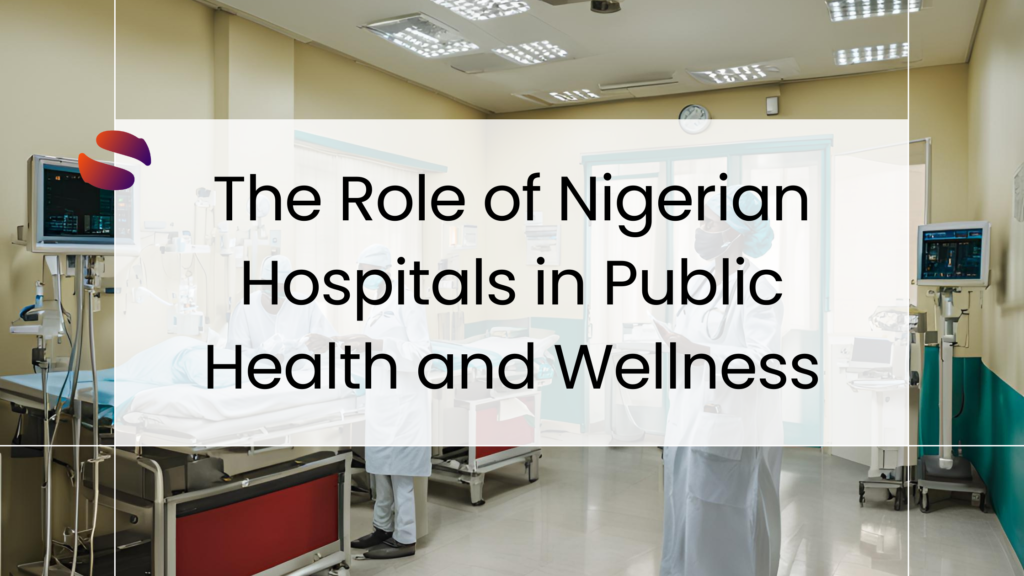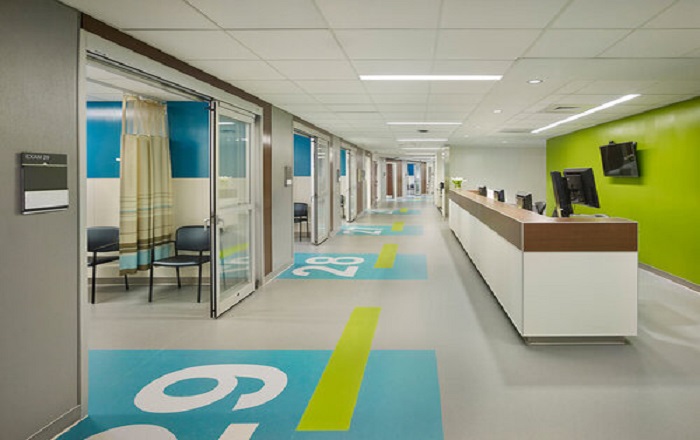Through a combination of dedicated healthcare professionals, innovative technologies, and health initiatives, Nigerian hospitals have transformed into centers of advanced medical practice and community care. They continue to serve a crucial function in shaping by improving health outcomes and expanding access to care nationwide.
We will explore how these institutions impact public health and wellness in Nigeria.
Advancing healthcare for Nigerians
Nigerian hospitals are at the forefront of embracing advanced medical technologies to enhance patient outcomes. Hospitals like Lagos University Teaching Hospital (LUTH) have made significant strides in medical innovation. They have introduced state-of-the-art diagnostic equipment and advanced surgical techniques. Kelina Hospital is noted as the first in West Africa to perform a Holmium Laser Enucleation of the Prostate (HoLEP). This advanced procedure, which typically requires travel abroad, is now available locally thanks to Kelina hospital’s pioneering efforts. By offering such high-tech treatments domestically, Nigerian hospitals are elevating the standard of care in the country.
Increasing Accessibility to Healthcare
A vital impact of the medical industry of any nation should be to provide and increase public access to healthcare. Nigerian hospitals have notably sought to expend effort to enhance healthcare accessibility. The government, in collaboration with several hospitals, launched initiatives that serve as tools to attain equity in health service delivery. Initiatives such as the 1999 National Health Insurance Scheme (NHIS). Many hospitals support this to provide affordable and accessible healthcare services.
Improving Public Health Outcomes
Nigerian hospitals are instrumental in improving public health outcomes through preventive care and community health programs. Health institutions such as Lagos University Teaching Hospital (LUTH) are known to be actively involved in public health campaigns. This includes vaccination drives, medical outreaches, and health education programs. These endeavors help address widespread health issues and promote wellness among diverse populations.
Pioneering Research and Development
While the Nigerian government has historically underfunded medical research, recent calls from the House of Representatives emphasize the urgent need for proper investment in research. The renewed focus on research is particularly significant given the global rise in viral outbreaks such as Lassa Fever, Ebola, and COVID-19. Since 2000, the Department of Community Medicine at University College Hospital (UCH), Ibadan, has been at the forefront of research, training, and service in community medicine. By addressing local health challenges and contributing to global health solutions, UCH exemplifies how Nigerian hospitals are advancing medical knowledge and improving health outcomes.
Building Resilient Health Systems
Nigerian hospitals are essential in building resilient health systems capable of withstanding public health emergencies. The response to the COVID-19 pandemic showcased the ability of Nigerian hospitals to adapt and manage large-scale health crises. The Nigerian Centre for Disease Control (NCDC), in collaboration with hospitals, played a key role in managing the pandemic through effective surveillance and response strategies.
It is evident that in the grand tapestry of Nigeria’s healthcare industry, hospitals are the vibrant threads weaving together innovation, accessibility, and resilience. These institutions lead the charge in public health and wellness with advanced treatments, expanding healthcare access, and championing community wellness. As they push boundaries and embrace new challenges, Nigerian hospitals remain steadfast in their mission to not only heal but also to inspire a healthier future for all.



